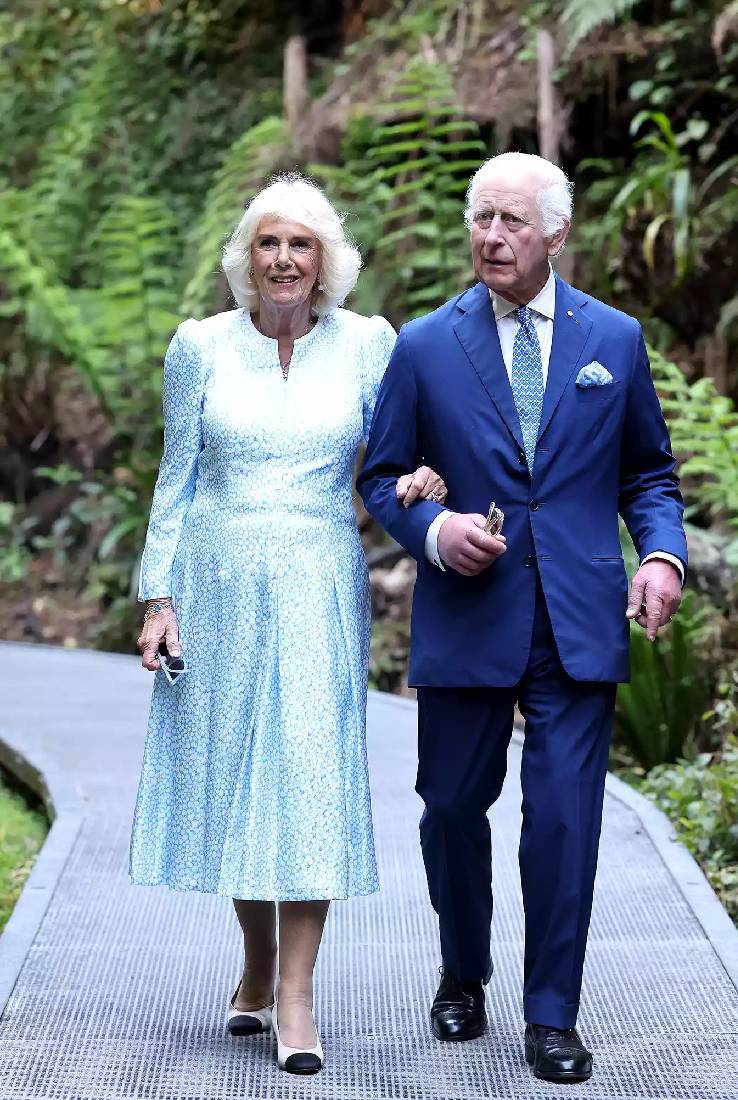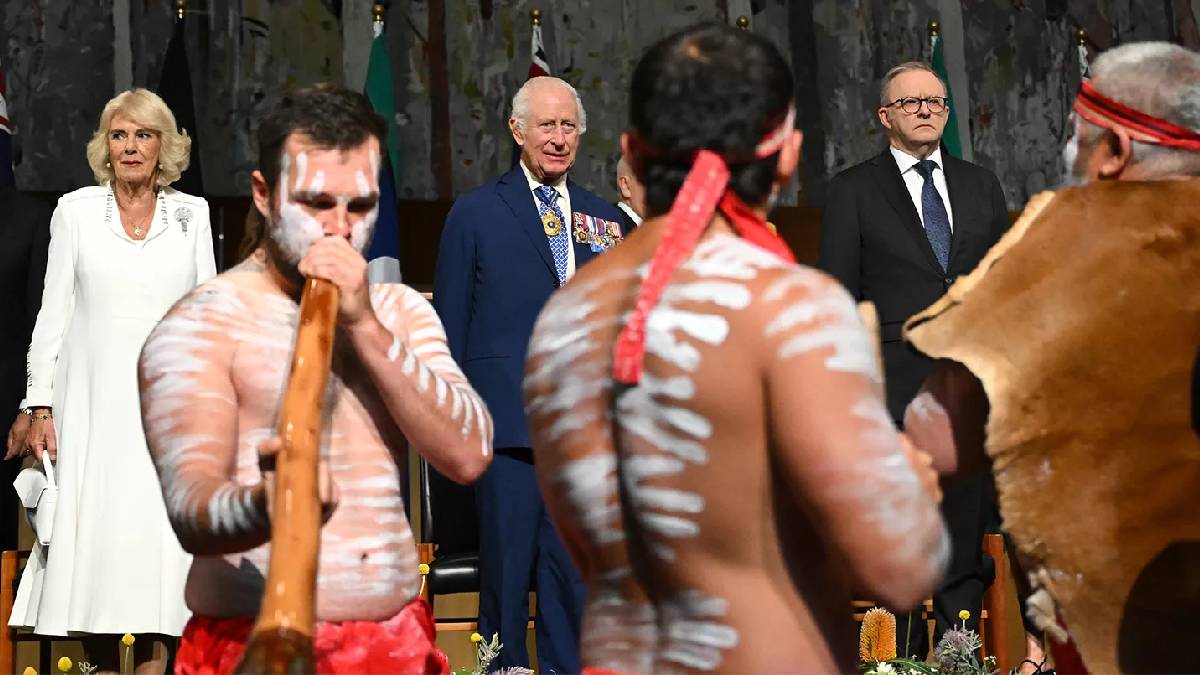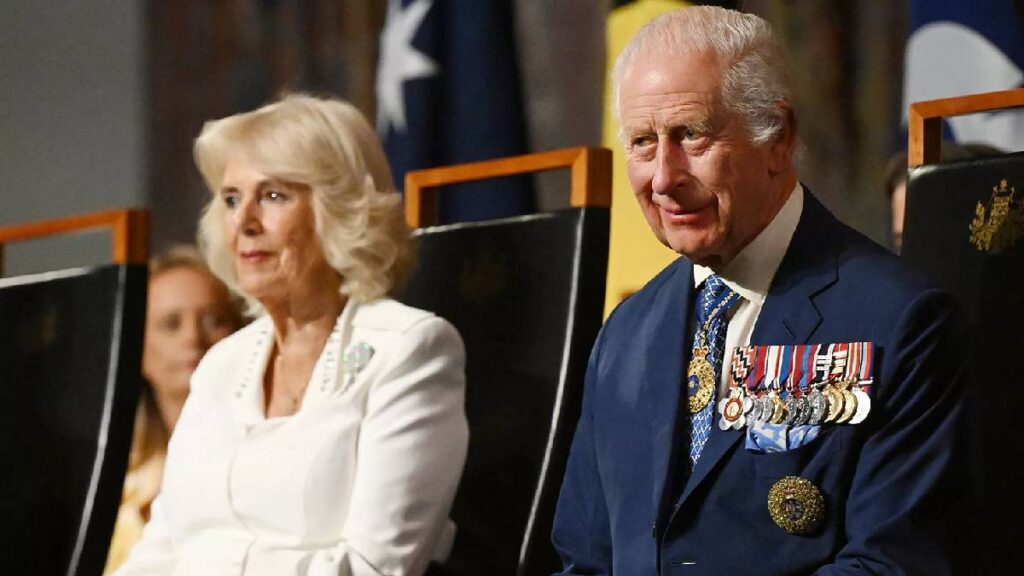The expected visit of King Charles III to Australia has generated controversy.
The 75-year-old monarch arrived on the oceanic continent last Friday, October 18, accompanied by Queen Camilla.
This visit is especially significant, as it marks his first trip abroad since he was diagnosed with cancer earlier this year.
Charles III and Queen Camilla began their tour with a full schedule of activities, visiting iconic cities such as Sydney and Canberra.
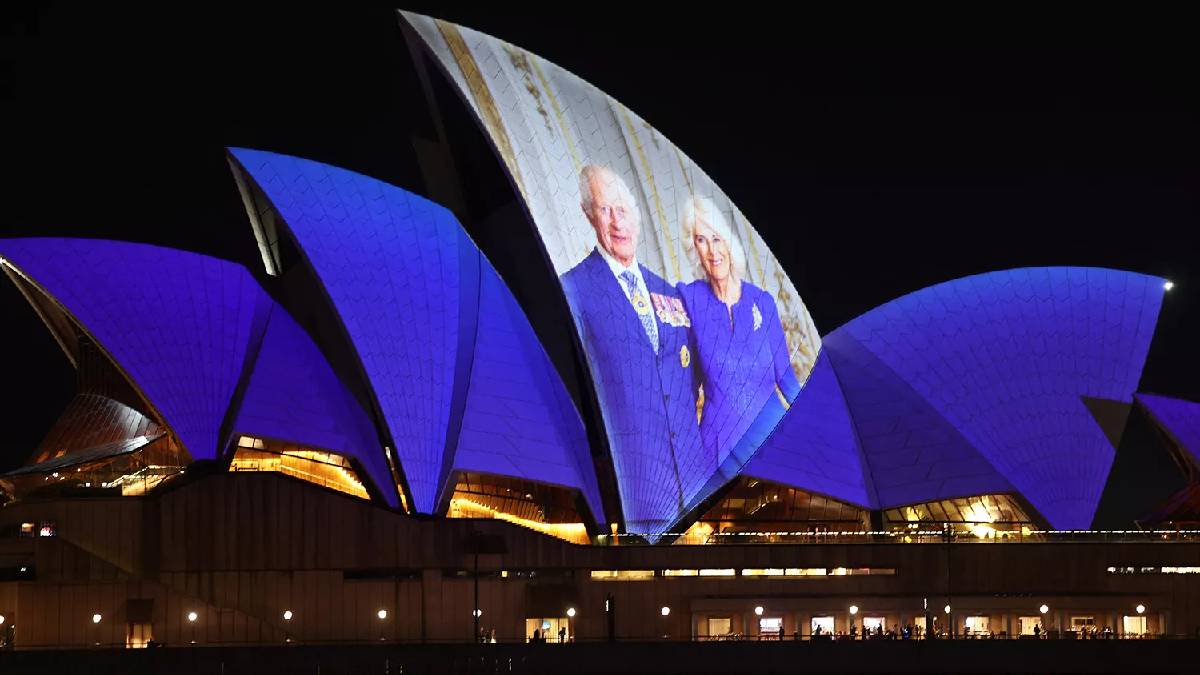
This tour represents a milestone, being the first trip by a British royal to Australia since the passing of Elizabeth II in September 2022.
The start of the tour was marked by an embarrassing episode.
King Charles in Australia
During a church guestbook signing ceremony on their first full day of activities, Charles and Camilla encountered an unexpected situation.
The king was given the opportunity to sign Australia’s first Bible, which had previously been signed by other members of the royal family on previous visits.
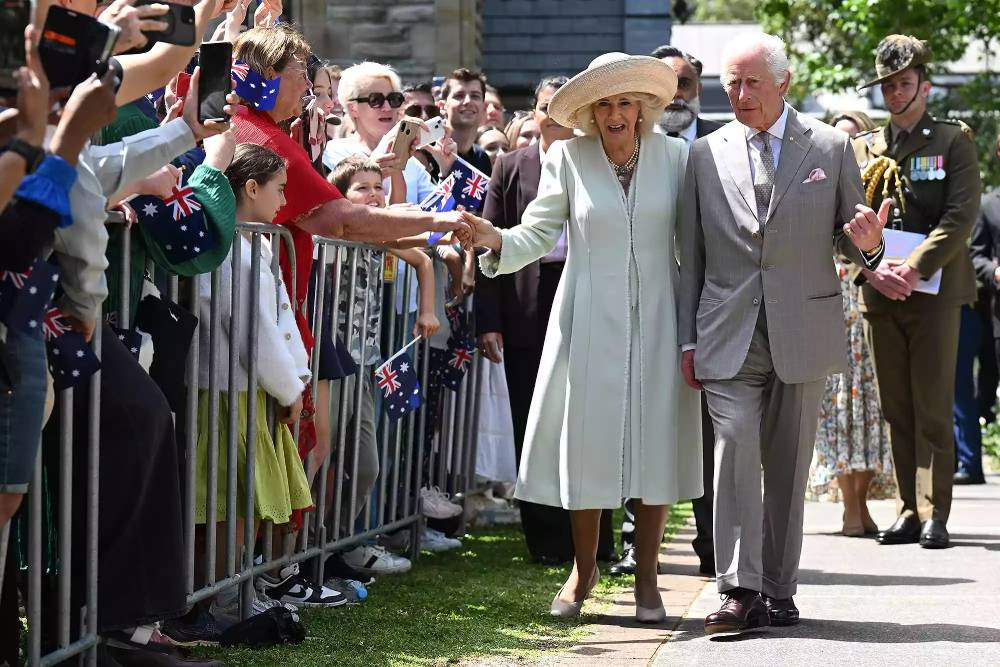
As he used his pen to affix his signature, the king, possibly affected by jet lag after his arrival in Sydney, turned around and asked, “What day is it today?”
This awkward moment intensified when he noticed that he had signed just below his own signature and that of his late wife, the Princess of Wales, on her 1983 visit.

King Charles and Lidia Thorpe
However, the signature on the Bible was not the only unfortunate incident the monarch experienced during his stay in Australia.
At a later reception, Senator Lidia Thorpe addressed Charles III, accusing him of committing genocide against her people.
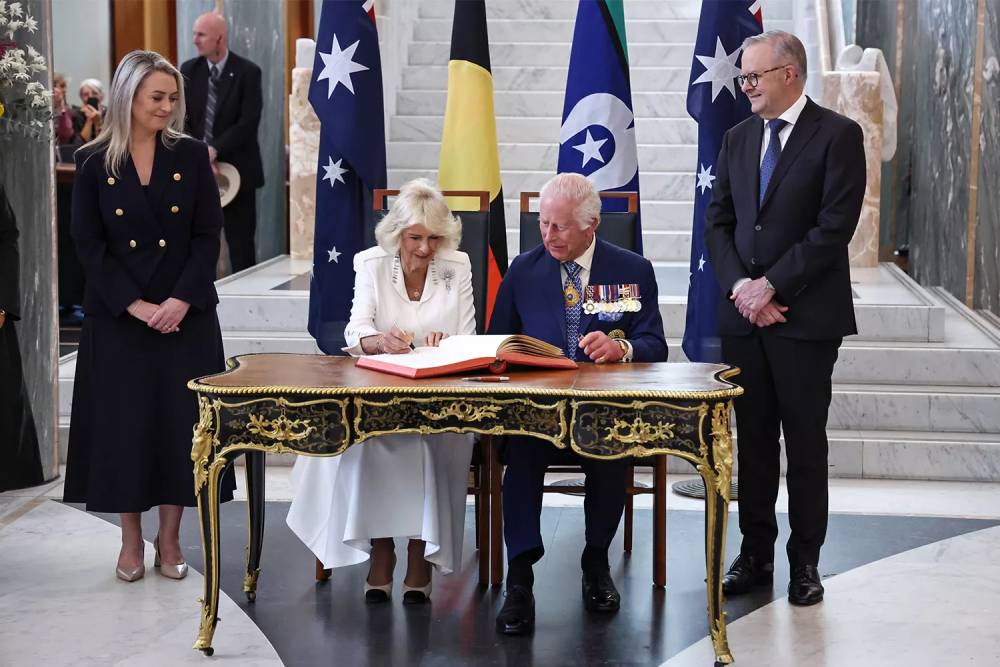
But that was not the worst of it. Thorpe demanded restitution for what she said had been stolen from her community and also accused the king of destroying her land.
She then said, “Give us what you stole from us: our bones, our skulls, our babies, our people,” videos from the event shared by U.K. newspaper The Telegraph showed. “You destroyed our land, give us a treaty – we want a treaty, we want a treaty with this country.”
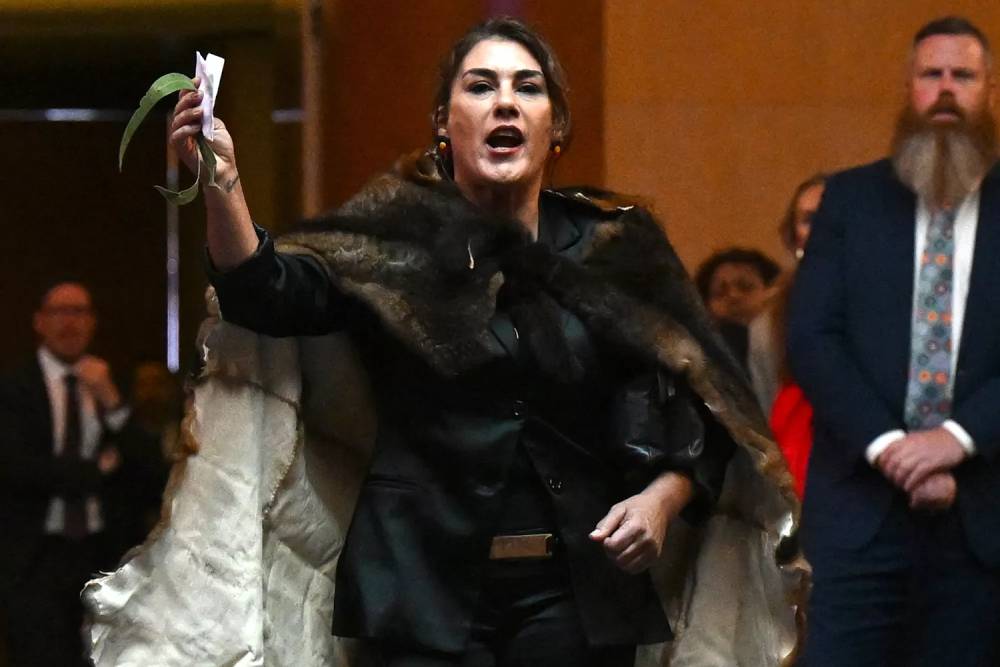
Despite the intervention of security guards, Thorpe continued her protest, claiming that this was not her land and that he is not her king.
Then, as she was being escorted out of the Great Hall of Parliament House, she kept calling out, “This is not your land. You are not my King, you are not our King.”
Despite these awkward moments, the King and Queen Camilla’s schedule has continued unchanged.
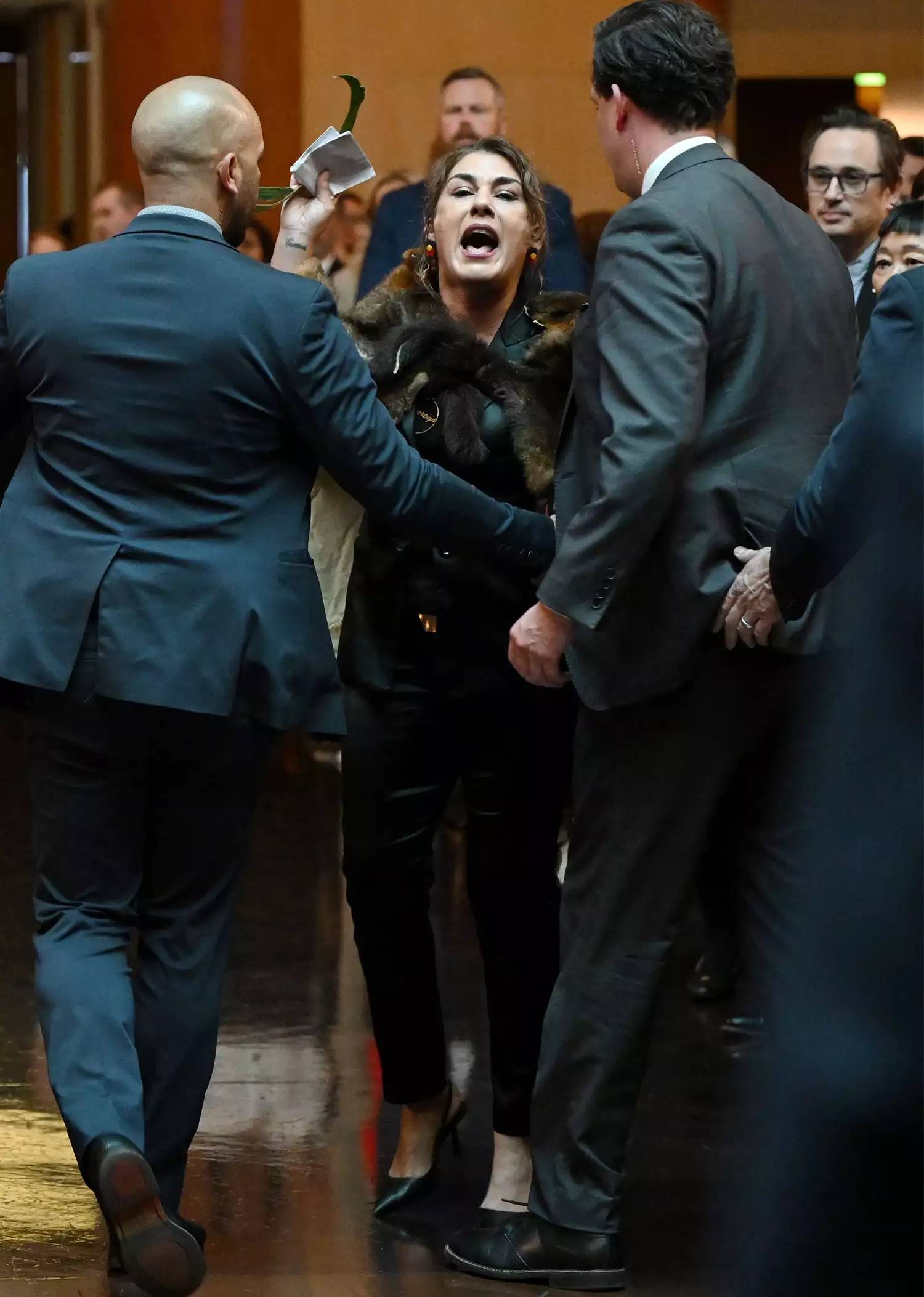
The images that have emerged from the visit suggest that, on the whole, the Australian public has greeted the monarch with a positive reception.
The visit, laden with symbolism and emotion, is not only remembered for the incidents, but also for the resilience and commitment of the British royals in connecting with Australian citizens.
